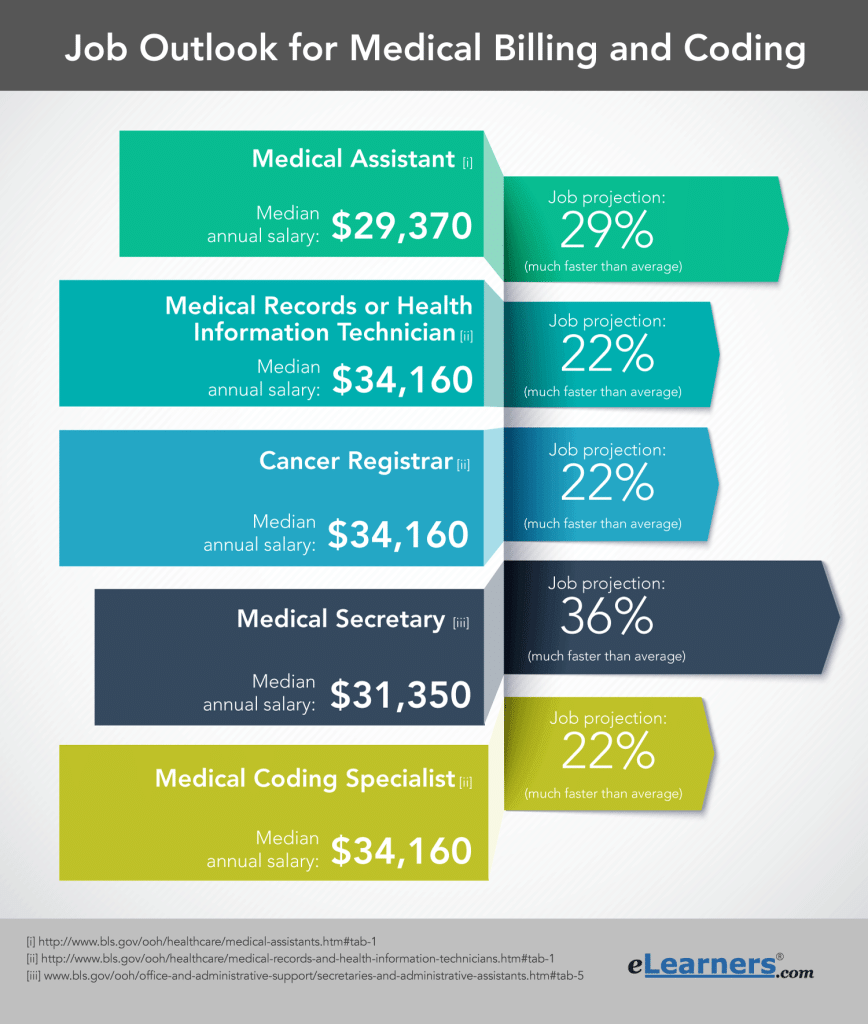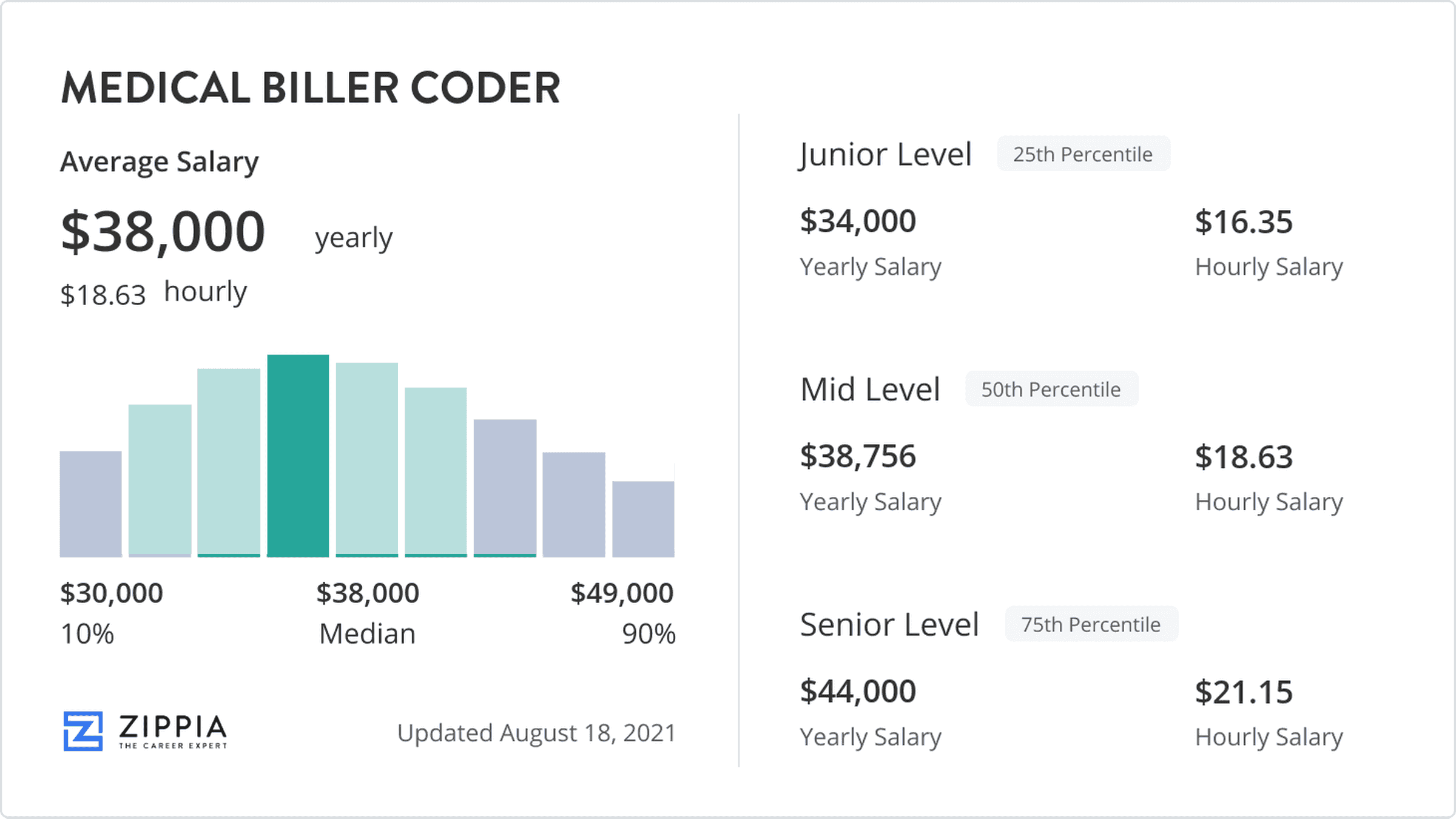In this article, you will learn about the average age of medical billers and coders. It is important to note that the professional field of medical billing and coding attracts individuals of various ages and backgrounds. However, there is a common misconception that this career path is only suitable for younger individuals. In reality, individuals of all ages can excel and thrive in this profession.
So, what is the average age of a medical biller and coder? While there is no specific age range, it is not uncommon to find professionals in their 30s, 40s, and even 50s working in this field. This is because medical billing and coding require specific skills and knowledge that can be gained through education and experience. Additionally, many individuals choose to pursue this career later in life as a second career or as a way to transition into a field that offers stability and opportunities for growth. The average age of medical billers and coders reflects the diversity and inclusivity of this profession.
Introduction
Medical billing and coding play a crucial role in the healthcare industry. These professionals are responsible for accurately translating medical procedures, diagnoses, and services into standardized codes. They ensure that healthcare providers receive proper reimbursement for their services while maintaining compliance with insurance regulations. As in any profession, the average age of medical billers and coders can vary depending on several factors. In this article, we will explore the average age range of professionals in this field, the challenges and advantages they face, and the evolving nature of medical billing and coding.
What is Medical Billing and Coding
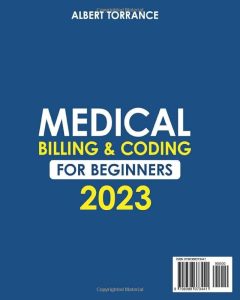
Definition and Overview
Medical billing and coding involve the process of translating medical procedures and diagnoses into standardized codes. These codes are used for billing and reimbursement purposes by healthcare providers and insurance companies. Medical billers and coders work in various healthcare settings, including hospitals, physician offices, nursing homes, and insurance companies.
Importance in Healthcare Industry
Medical billing and coding are essential for the financial stability of healthcare organizations. Accurate coding and billing ensure that healthcare providers are reimbursed for their services and supplies. These professionals also play a vital role in maintaining compliance with health insurance regulations and reducing coding errors.

Key Responsibilities of a Medical Biller and Coder
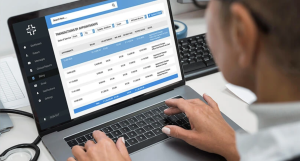
Coding and Billing Patients’ Records
One of the primary responsibilities of medical billers and coders is to assign appropriate codes to patients’ records. They use coding systems such as the International Classification of Diseases (ICD) and the Current Procedural Terminology (CPT) to accurately document medical procedures and diagnoses.
Submitting Claims to Insurance
Medical billers and coders are responsible for submitting claims to insurance companies on behalf of healthcare providers. They ensure that the claims are complete, accurate, and comply with insurance regulations. Timely submission of claims is crucial to ensure prompt reimbursement.
Handling Rejections and Appeals
In case a claim is rejected or denied by an insurance company, medical billers and coders are responsible for handling the appeals process. They analyze the reasons for rejection and work with healthcare providers to provide additional documentation or clarification to overturn the decision.
Maintaining Accuracy in Medical Documentation
Medical billing and coding professionals must ensure the accuracy of medical documentation. They review physicians’ notes, laboratory results, and other relevant information to ensure that all services provided are properly documented and coded. Accurate coding is essential for proper reimbursement and clinical decision-making.
Factors Affecting the Average Age

Education and Training Requirements
The education and training requirements for medical billing and coding can vary. Some professionals may obtain a certificate or diploma, while others may complete an associate or bachelor’s degree program in health information management or a related field. The average age of medical billers and coders can be influenced by the time it takes to complete these educational programs.
Industry Experience and Expertise
Experience plays a vital role in the average age of medical billers and coders. Professionals who have been working in the field for many years tend to be older. They have acquired extensive knowledge and expertise, making them valuable assets to their organizations.
Job Market Conditions
Job market conditions also impact the average age of professionals in any field, including medical billing and coding. During economic downturns, older professionals may delay retirement or re-enter the workforce to maintain financial stability. This can impact the average age of medical billers and coders.
Average Age Range in the Field

Entry-Level Professionals
Entry-level medical billers and coders typically range from their early 20s to late 30s. These professionals may have recently completed their education and training and are starting their careers in the field. They may be more tech-savvy and familiar with the latest advancements in health information technology.
Mid-Career Professionals
Mid-career medical billers and coders typically fall within the age range of 30s to 50s. These professionals have gained several years of experience and have established themselves in the field. They may have advanced their careers and may hold supervisory or management positions within healthcare organizations.
Experienced Professionals
Experienced medical billers and coders can range from their 40s to their 60s and beyond. These professionals have accumulated a wealth of knowledge and expertise over their careers. They may serve as mentors for younger professionals and contribute to the professional development of the field.
Challenges and Advantages for Different Age Groups

Challenges Faced by Younger Billers and Coders
Younger medical billers and coders may face challenges such as limited industry experience and knowledge gaps. They may need to invest time and effort into building their expertise and gaining the respect of their peers and supervisors. Additionally, they may face difficulties in navigating the complexities of the healthcare industry.
Advantages of Younger Professionals
Younger professionals bring fresh perspectives and are often more adept at leveraging technology in their work. They may have received training in the latest coding systems and are familiar with electronic health record systems. Their enthusiasm and energy can be advantageous in adapting to changes in the field.
Challenges Faced by Older Billers and Coders
Older medical billers and coders may face challenges related to keeping up with rapidly evolving technology and regulatory changes. They may need to invest in continuing education and professional development to stay relevant in the field. Additionally, they may face age-related bias or be overlooked for certain job opportunities.
Advantages of Older Professionals
Despite the challenges, older professionals bring extensive experience and a deep understanding of the complexities of medical billing and coding. They have likely encountered various scenarios throughout their careers, making them skilled problem solvers. Their stability, reliability, and institutional knowledge are valuable assets to healthcare organizations.
Evolving Nature of Medical Billing and Coding

Technological Advancements
Technology plays a significant role in the field of medical billing and coding. Electronic health record systems, automated coding software, and telehealth platforms are revolutionizing the way healthcare services are documented and billed. Professionals in the field must stay updated with the latest technological advancements to remain competitive.
Changes in Healthcare Regulations
Healthcare regulations and insurance policies are continuously evolving. Medical billers and coders must stay abreast of these changes to ensure compliance and accurate reimbursement. Keeping up with regulatory changes can be challenging but is crucial to maintain the integrity of the coding process.
Continuing Education and Professional Development
Given the evolving nature of medical billing and coding, professionals must engage in continuous education and professional development. This can include attending seminars, conferences, and workshops, as well as pursuing certifications or advanced degrees. Staying updated with industry best practices enhances job performance and career prospects.
Career Development Opportunities

Specializations in Medical Billing and Coding
Medical billers and coders can choose to specialize in specific areas of healthcare. Specializations include coding for hospitals, specialty clinics, or specific medical conditions. By specializing, professionals can become experts in their chosen area and enhance their earning potential.
Advancement to Management Positions
Medical billers and coders with extensive experience and additional education may pursue management positions within healthcare organizations. These positions involve overseeing teams of billers and coders, ensuring efficient operations, and managing departmental budgets.
Entrepreneurship and Consulting Opportunities
Experienced medical billers and coders can explore entrepreneurial ventures or offer consulting services. They can start their own medical billing and coding businesses or provide independent consulting services to healthcare organizations. This allows them to have more control over their work and potentially earn higher incomes.
Factors Influencing Future Average Age
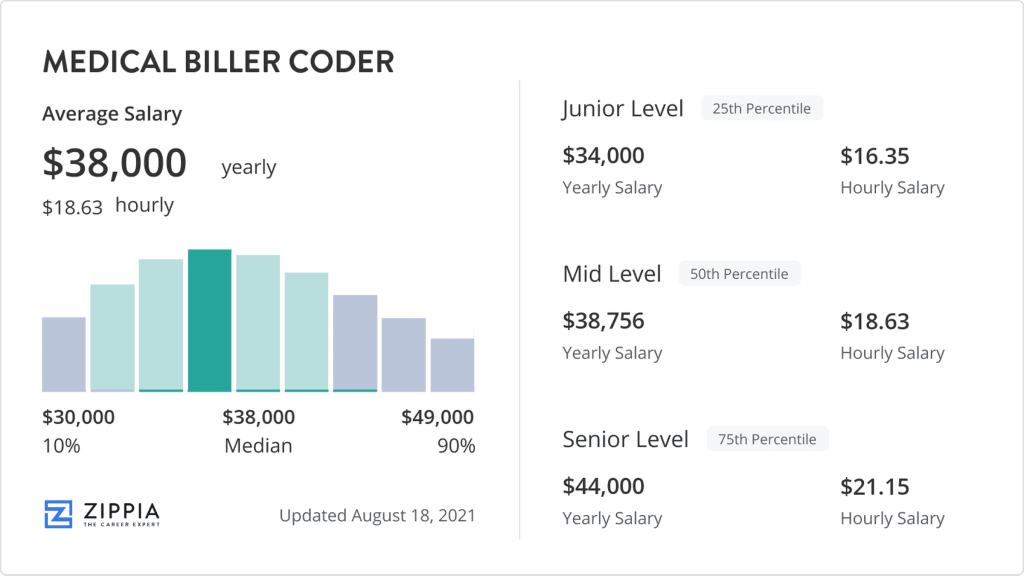
Industry Trends and Innovations
Advancements in health information technology and changes in healthcare regulations can impact the average age of medical billers and coders in the future. Younger professionals who are adept at leveraging technology may enter the field at a faster rate, influencing the average age downward.
Retirement Patterns of Older Professionals
As older professionals retire, the average age of medical billers and coders may decrease. The retirement patterns of older professionals can be influenced by economic factors, personal circumstances, and individual career decisions. The influx of younger professionals can fill the gaps left by retirees.
New Entrants to the Field
The number of new entrants to the field of medical billing and coding can influence the average age of professionals. If there is a significant increase in individuals choosing this career path, it can result in a lower average age. Factors such as job market conditions and educational opportunities can impact the number of new entrants.
Conclusion
The average age of a medical biller and coder can vary depending on various factors such as education, experience, and job market conditions. Younger professionals bring fresh perspectives and technological expertise, while older professionals offer stability, experience, and institutional knowledge. The evolving nature of medical billing and coding requires professionals to engage in continuous education and stay updated with industry trends. The future average age of medical billers and coders will be influenced by industry changes, retirement patterns, and the number of new entrants into the field. Ultimately, a diverse age range in the profession contributes to a dynamic and well-rounded workforce in the healthcare industry.
